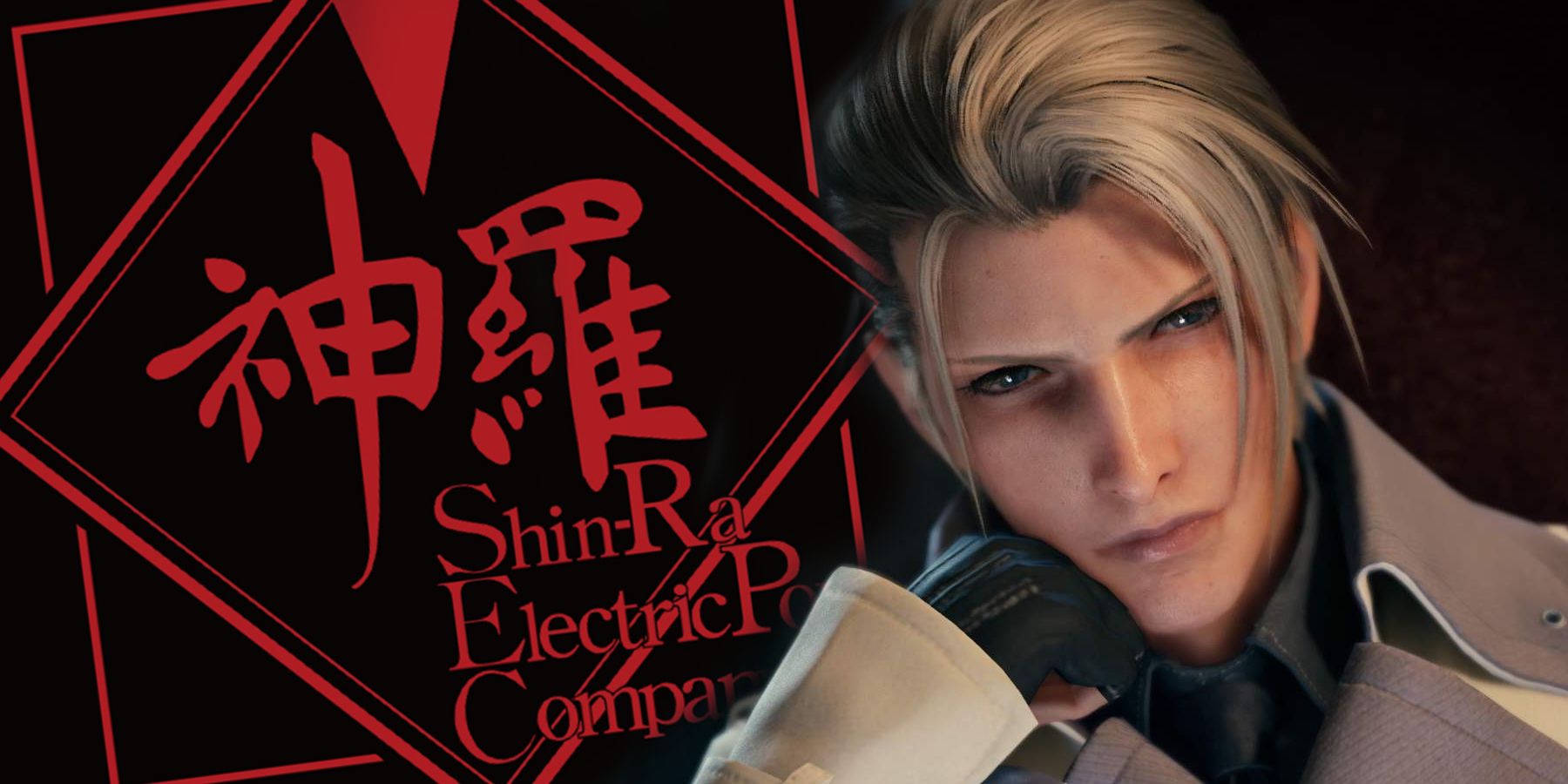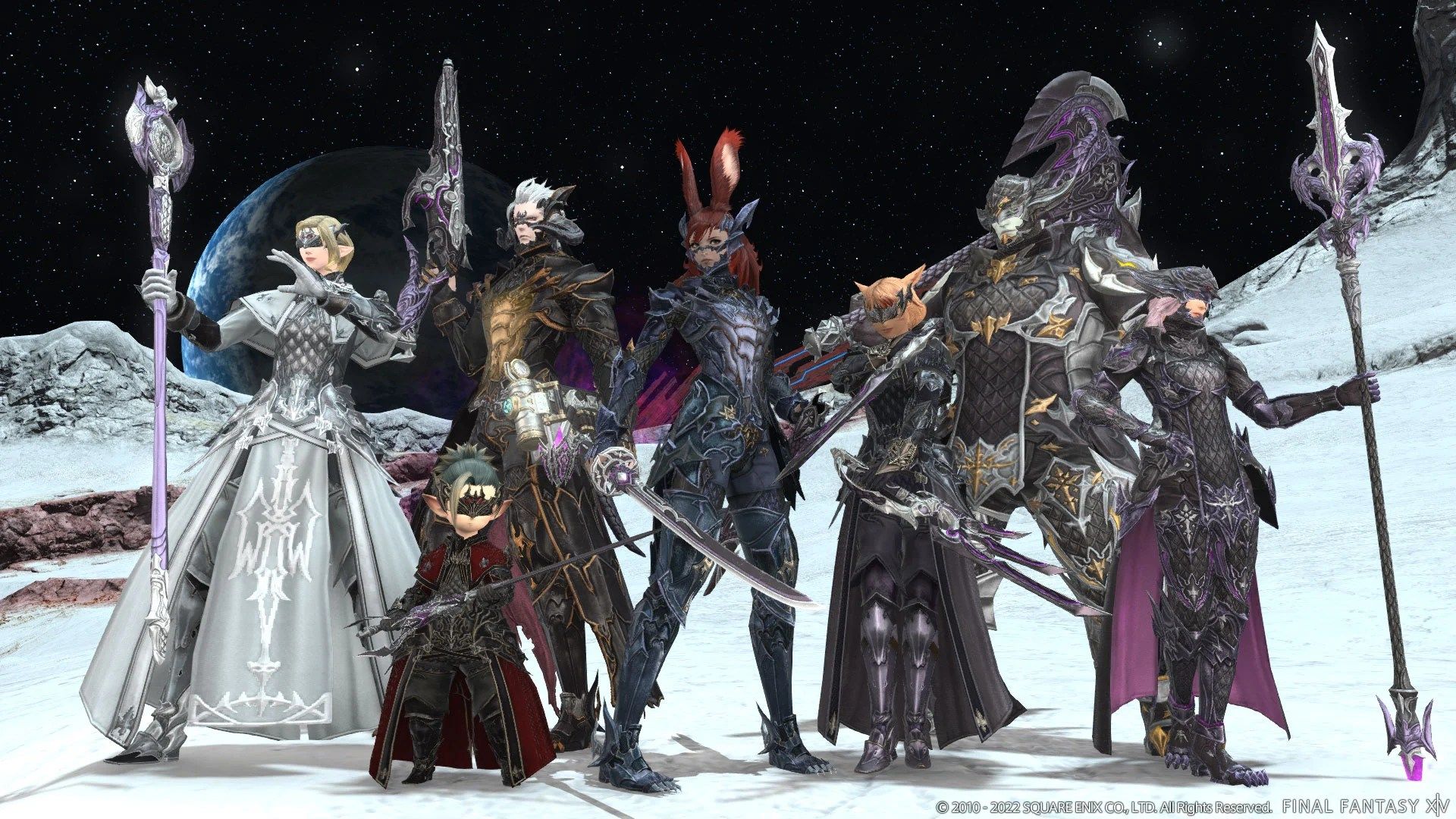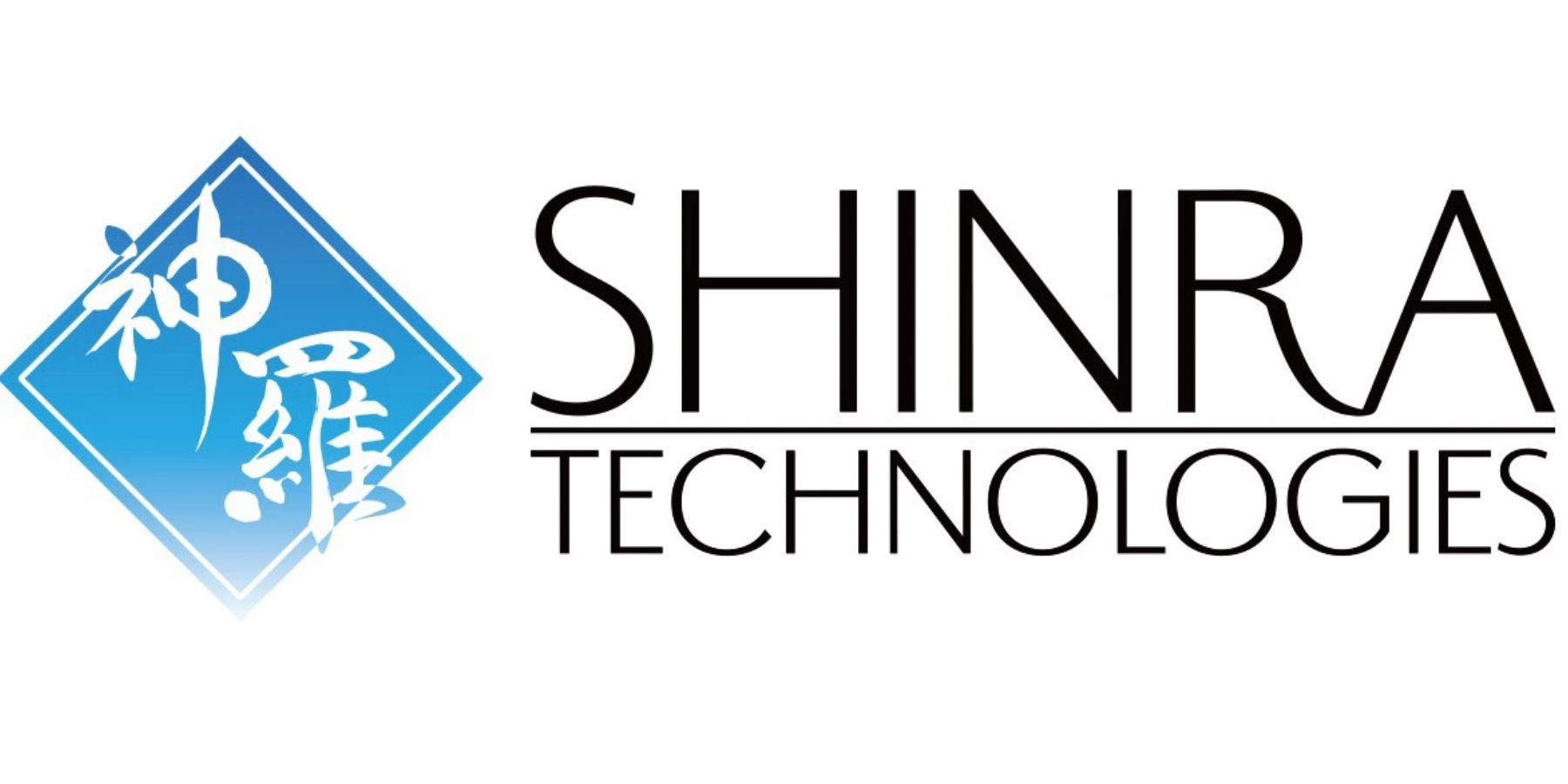Over the last several months, many gamers have slowly become acquainted with the term "NFTs" as the cryptocurrency market grows more and more relevant by the day. As the demand for non-fungible tokens is on the rise, many companies and brands are taking it as an opportunity to branch out and grow. Gaming companies are no different, as many famous publishers such as Konami have announced support for the market, with the most recent being Square Enix.
Square Enix's president, Yosuke Masuda, began the year by publishing a letter stating that the company would be investing in things like NFTs and the "play to earn" metaverse markets associated with cryptocurrency. While many gaming companies like Square Enix have voiced support for these endeavors, plenty of fans have made it clear to them that they don't want them to go into these controversial markets for a ton of reasons. With both past endeavors and the current products Square has, the situation has turned rather ironic.
Final Fantasy 7's Eco-Friendly Themes
Many gamers are already well-acquainted with the story seen in Final Fantasy 7. While the story of the classic RPG tackles many themes such as mental health, trauma, and more, one of the biggest core themes about it revolves around the affairs of the Shinra Electric Power Company. Shinra, for years, had been marketing and using the energy of the planet found in FF7 in order to supply electricity to the people of Midgar, as well as condense it to make Materia and use it in other experiments. The main party of Barret, Cloud, Tifa, and Aerith, form Avalanche - a resistance group aiming to save the planet before Shinra kills it.
Where the irony comes in is the biggest concern about NFTs and cryptocurrency sits rather on the nose with Shinra's actions and ideals. Many fans have retaliated against Square Enix's announcement in favor of NFTs by pointing out how the process of minting a non-fungible token takes a vast amount of electricity. Experts have valued the rates of two NFT transactions taking up enough energy to power one single household for twenty-one years. Considering electricity mainly runs on fossil fuels to provide power to the people, essentially Square Enix has made itself no better than one of the chief Final Fantasy antagonists in the same age where one of its biggest products is Final Fantasy 7 Remake.
Final Fantasy 14's Server Situation
Another one of Square Enix's most iconic titles is most definitely 2021 Game Awards Best Ongoing Game winnerFinal Fantasy 14 Online. The game has had a loyal and ever-expanding player base for years since its launch in 2010. With the release of the game's latest expansion, Endwalker, the rate at which FF14's player base expanded turned into a problem. Servers became too full to host a fair deal of its players, with some sitting in the queue to play for hours on end. One easy solution to the problem was to add more servers for fans to play in, but that wasn't possible.
In order to expand Final Fantasy 14's servers so more players could experience Endwalker at its release, the developers needed certain technological resources. Those specific ones were to get even for Square Enix due to a silicon chip shortage. While part of the reason for the shortage is due to the pandemic's effects on the industry, it's also due to cryptocurrency investors buying whatever stock of silicon chip devices they can to help expand their capabilities. Essentially, by Square Enix getting into the crypto market, it's only encouraging a growing problem affecting one of its best-selling games to get even worse.
Square Enix and Shinra Technologies
Back in 2014, Square Enix tried to break into yet another experimental technology when it was first arriving onto the market. With the advent of services like PlayStation Now, Square thought it would be best to open its own cloud-based gaming company. Somehow, the corporation thought naming the new branch of its technological endeavors "Shinra Technologies," after the aforementioned Shinra Electric Power Company from Final Fantasy 7 would be fine. The name would only serve to foreshadow what would come next for the small start-up.
Despite how certain they were with the rate cloud gaming would grow, Shinra Technologies was closed a mere two years later due to what Square Enix credited as a "lack of interest from investors" at the time. The corporation had chosen to adopt the risky technology far ahead of its time and wasted 2 billion Japanese Yen trying to cash in on it far too soon. While NFTs have considerably grown faster than cloud gaming had, it still shows that Square hadn't learned anything in that jumping into new and controversial technologies right away may come with risks.
Cloud gaming has arguably grown more prevalent in the last few years, but gaming through the Cloud, while growing in use, still sits as a controversial topic with many gamers. Things like how the Nintendo Switch currently tries to use it to make games usually unplayable on its system specs available to players seems like a step in the right direction at first, but the rate at which it works well depends on the situation. Square Enix's own Kingdom Hearts games on Switch, for example, have been met with severe backlash from fans due to how poorly they run on moderate internet speeds, much less on slower ones through the Cloud.
Square Enix might be trying to strengthen its offerings to fans by aiming to get into the cryptocurrency market, but with its history, it truly feels like the company is rushing into new territory without proper research and understanding beyond the potential seen through others. While there may be ways around the controversial issues currently plaguing NFTs and Square trying to push into the market, the company won't be able to fix all of them. What exactly awaits in regard to Square Enix and its new NFT and "pay to earn" products will need to be seen once they arrive.







